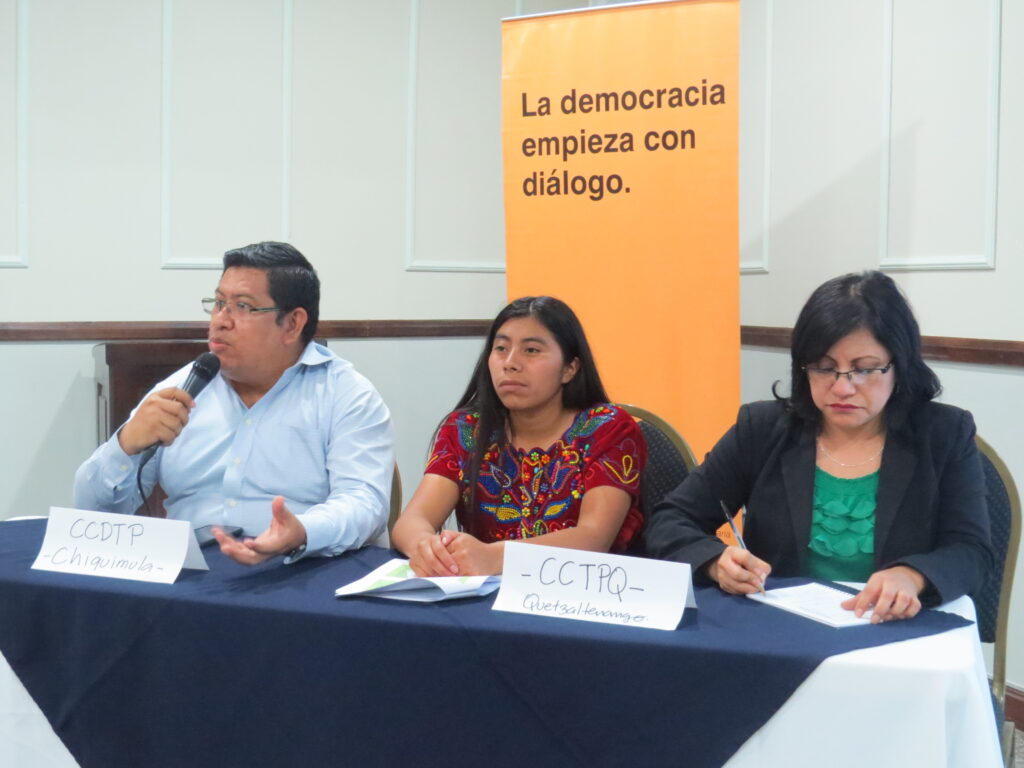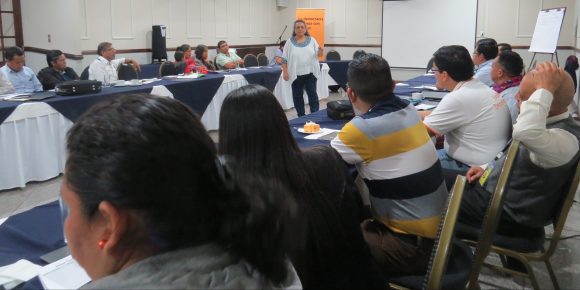International Anti-Corruption Day: Our work in Guatemala

To celebrate the International UN’s Anti-Corruption Day, we spoke to Susan Batres, Director of our Guatemala office, about how we are working there to combat corruption.
Why is it important to fight corruption in a country like Guatemala
Guatemala is currently the second poorest country in Latin America, and the sixth poorest in the world. More than 70% of the population lives in poverty or extreme poverty.
This, of course, has a negative impact of education and human development. For example, only 72% of Guatemalan children are enrolled in primary education, and one in two children in Guatemala suffers from malnutrition.
The structural cause of these problems is linked to the high levels of corruption in Guatemala.
The State is often co-opted as a means of illicitly building wealth, which takes away from the financial resources of the Guatemalan people. This deprives many people of access to human rights and the basic services necessary for a decent life.
What is NIMD doing to combat corruption in Guatemala?
NIMD Guatemala provides support to voluntary groups comprising the “Citizen Committees for Transparency and Integrity”. We provide support to these groups across the country, building their capacities and skills. In this way, we help them guarantee their right to access to information. They can use this to undertake social audits to monitor the use of public funds and the quality of projects carried out by local government.
We also provide practical support to these groups, to help them to carry out their work without putting their security at risk.

What are your future plans and initiatives against corruption?
Over the next four years, we will also continue to provide political training for young people, both from civil society and from political parties. This training will target young people with leadership skills, who are interested in participating in politics.
The curriculum will cover democracy, State, political systems, electoral systems and political parties, democratic values, transparency, accountability and access to public opinion.
In addition, we will plan dialogues on the need to use public funds in a more dedicated way.